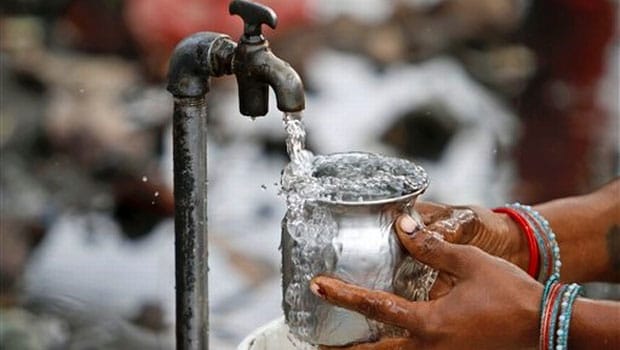The upgrade of the Fort Beaufort Bulk Supply Scheme in Amathole District is set to bein in May this year. The project entails the upgrading capacity of the treatment plant, bulk pipelines, building of storage and command reservoirs. The work is estimated to take about 18 – 24 months.
The Gqudezi Village in Fort Beaufort has been experiencing water challenges due to the illegal connections to the main pipeline reaching the area and the delay of an appointed Professional Service Provider (PSP) by Amathole District Municipality (ADM). During a previous Presidential visit to Fort Beaufort, the issue of water challenges at Gqudezi village were raised.
Also Read: Zimbabwe allocates US $9.3m for upgrade of Morton Jaffray and Warren Control water works
Short term remedy
The Department of Water and Sanitation (DWS) has issued water tankers to ADM in order to continue supplying water to the villages including Gqudezi whilst awaiting the PSP appointment to commence works at the Fort Beaufort Bulk Supply Scheme. These water tankers bring water to the tanks that are dispatched and placed in a strategic position for the benefit of the community members.
The DWS has further implored communities to desist from the practice of illegal connections because a lot of water is lost and wasted through such, leading to government losing billions of rands in water loss.
The department recently condemned acts of vandalism of water and sanitation infrastructure. According to the department, such conduct has implications on service delivery, compliance of municipalities and water wastage which cannot be afforded in the midst of unreliable rainfall.
DWS added that vandalism of infrastructure also means that those who never had water cannot be served because of repetition. This further means that municipalities cannot replace old infrastructure due to it being vandalized. This also hinders progress in exploring alternate water sources to withstand future droughts.

